Optimal Timing for Foundation Repairs
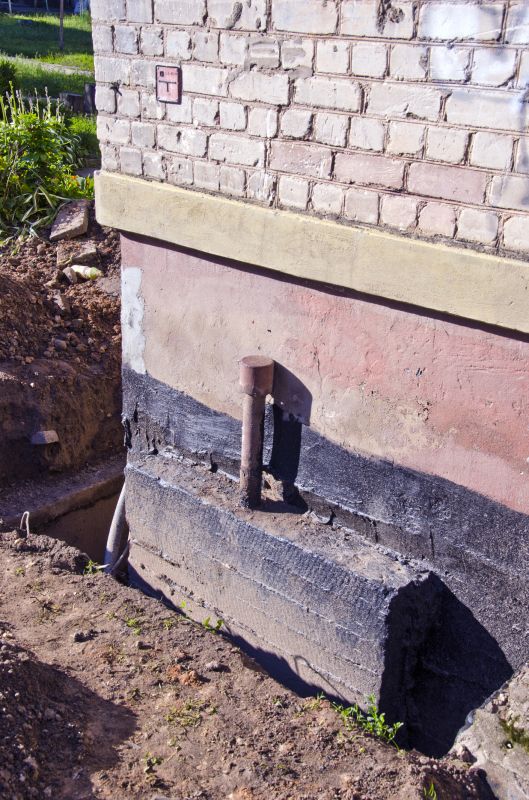
Spring offers favorable conditions for foundation repairs due to moderate temperatures and soil moisture levels.
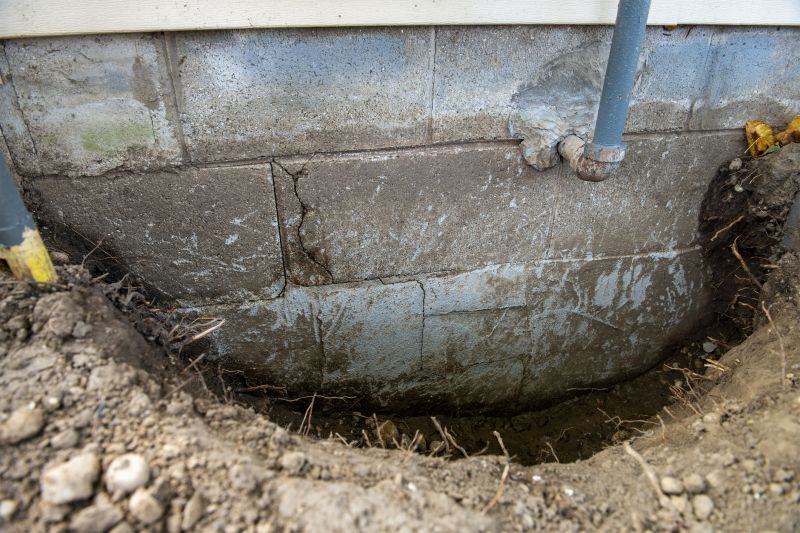
Summer repairs are possible but may be impacted by high temperatures and dry soil, which can affect repair effectiveness.
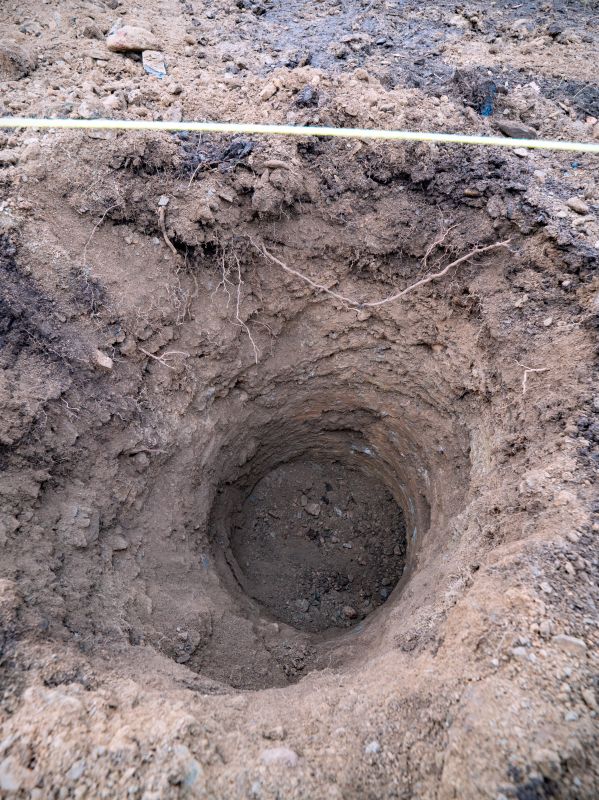
Fall provides cooler weather and stable soil conditions, making it an ideal time for foundation work.
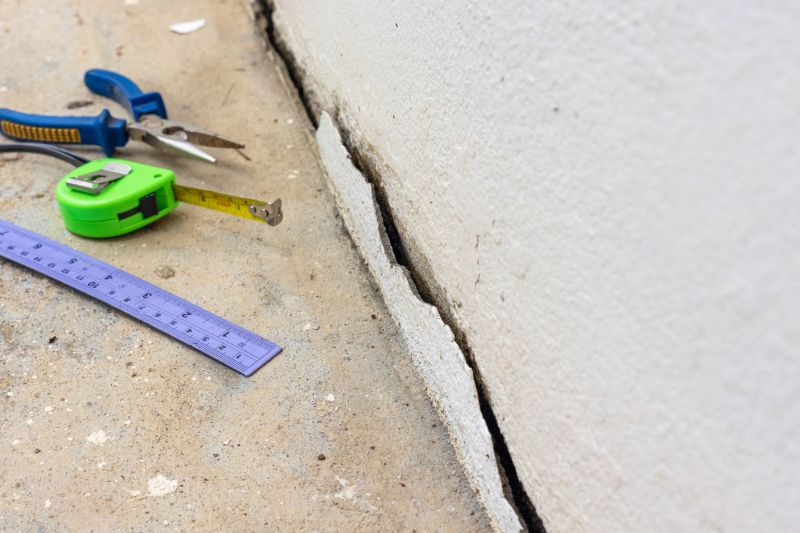
Ways to make Foundation Repairs work in tight or awkward layouts.
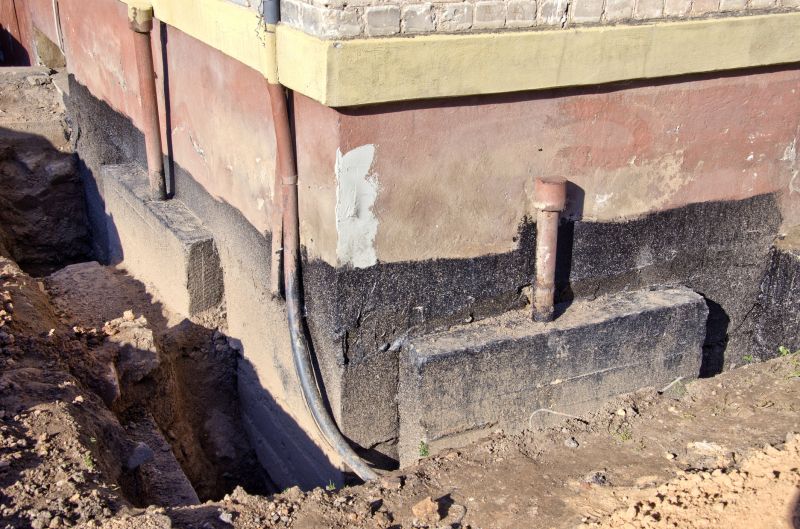
Popular materials for Foundation Repairs and why they hold up over time.
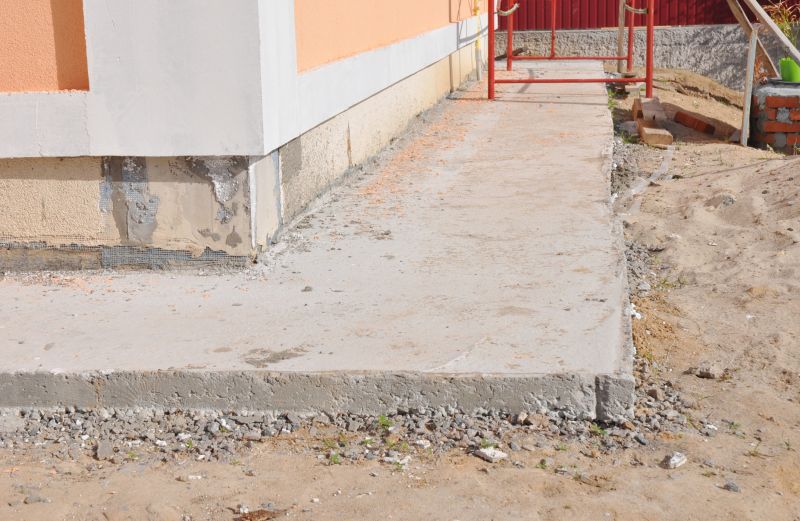
Simple add-ons that improve Foundation Repairs without blowing the budget.
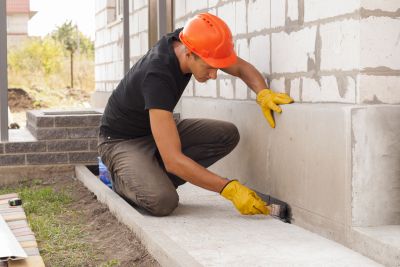
High-end options that actually feel worth it for Foundation Repairs.
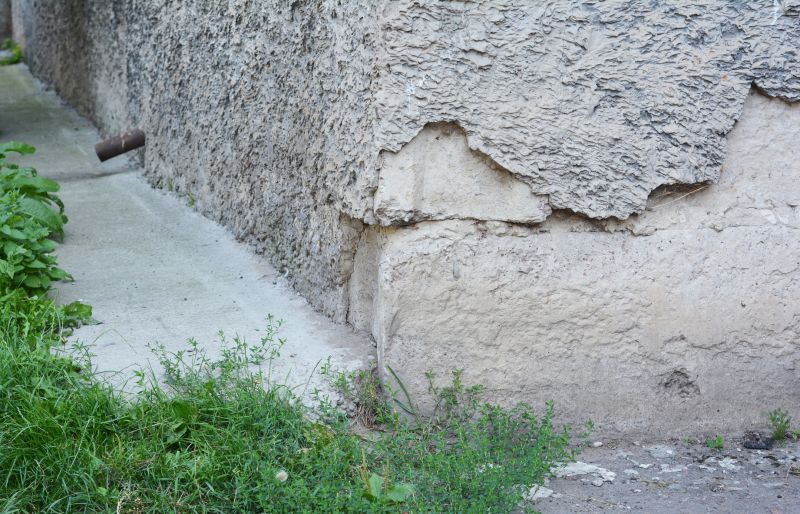
Finishes and colors that play nicely with Foundation Repairs.
Foundation repairs are essential for maintaining the structural integrity of a building. The timing of repairs can influence their success, cost, and longevity. Properly timed repairs help prevent further damage caused by soil movement, moisture fluctuations, and seasonal changes. Understanding the best periods for foundation work ensures that repairs are effective and durable.
Statistics show that nearly 20% of homes experience foundation issues at some point, often exacerbated by soil conditions and weather patterns. Repair methods vary based on the type of damage, soil composition, and environmental factors. Scheduling repairs during optimal seasons can reduce complications and improve outcomes, especially in regions with significant seasonal soil movement.
Soil expands in wet conditions and contracts in dry conditions, affecting foundation stability.
Extreme temperatures can hinder repair processes and affect material performance.
Addressing minor issues early in favorable seasons can prevent major damage later.
Consistent soil moisture during spring and fall supports more effective foundation repair work.
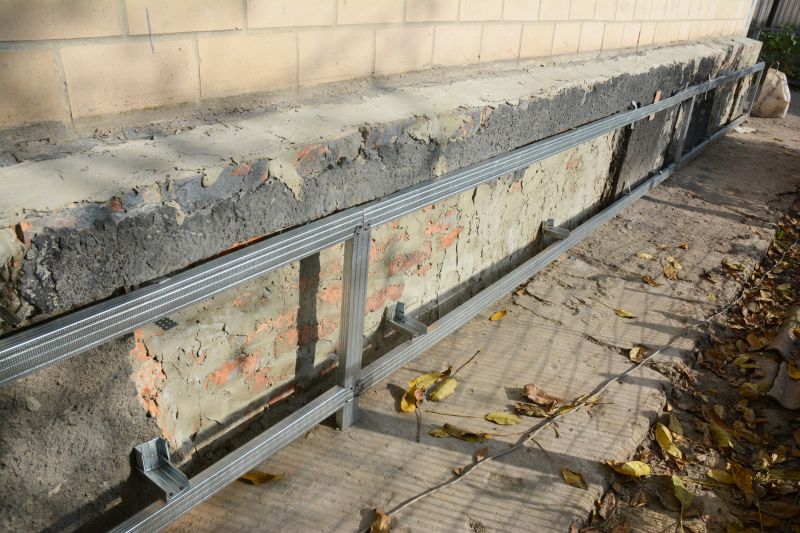
A detailed view of underpinning and stabilization techniques.
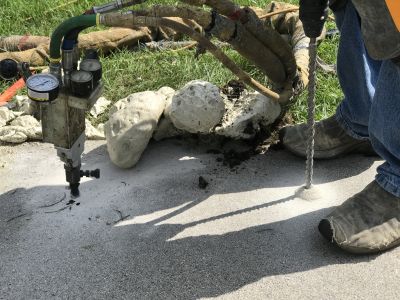
Tools used to improve soil support during repairs.
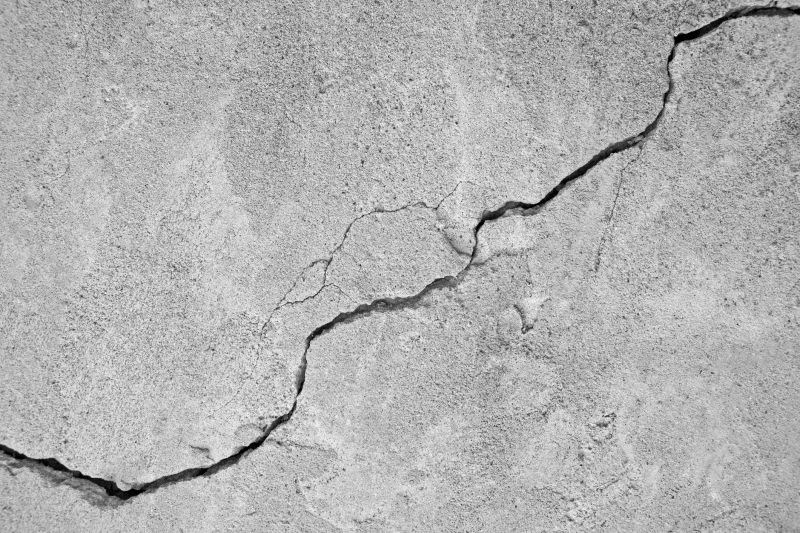
Common signs indicating the need for repair.
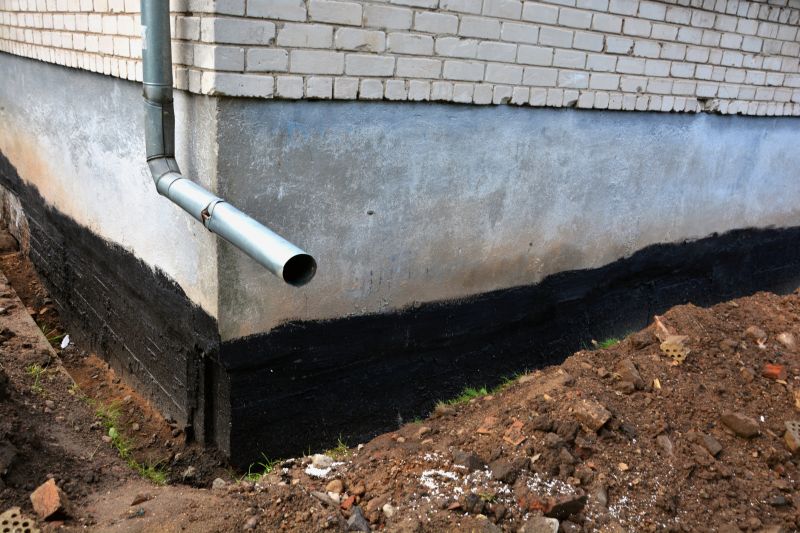
Proper drainage prevents moisture-related foundation issues.
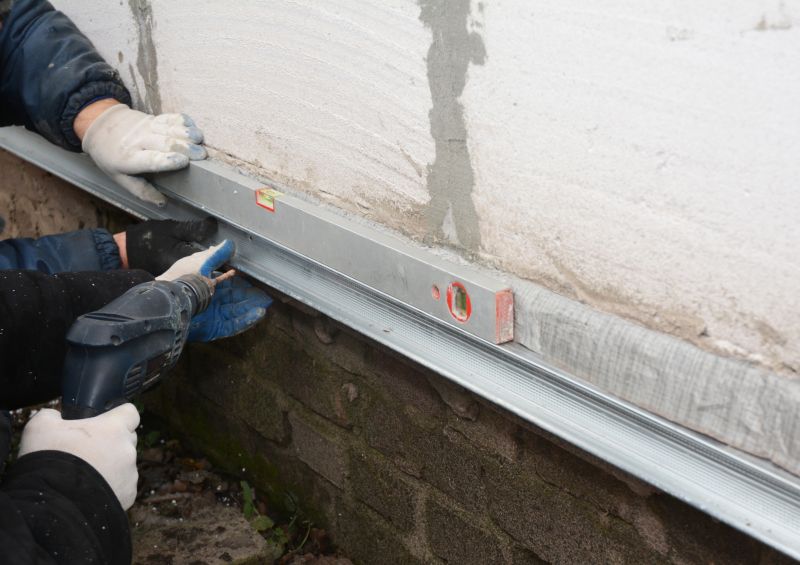
High-quality concrete and epoxy used in foundation stabilization.
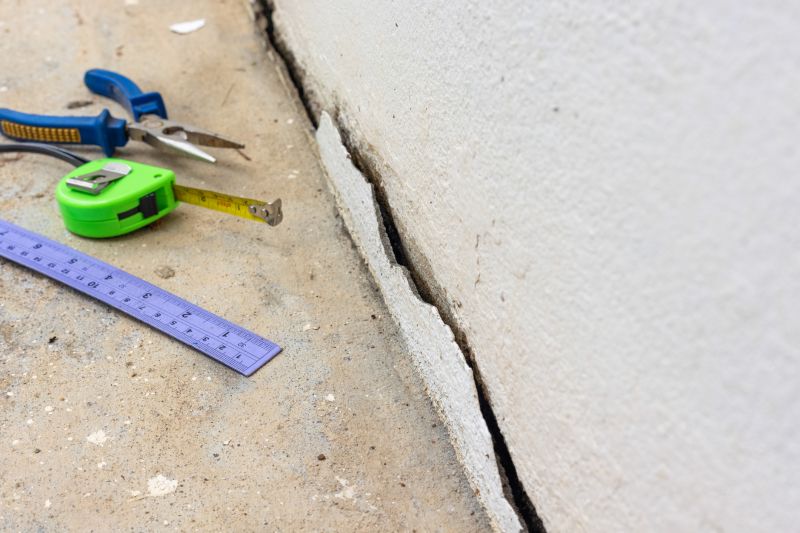
Tools used for assessing foundation damage.
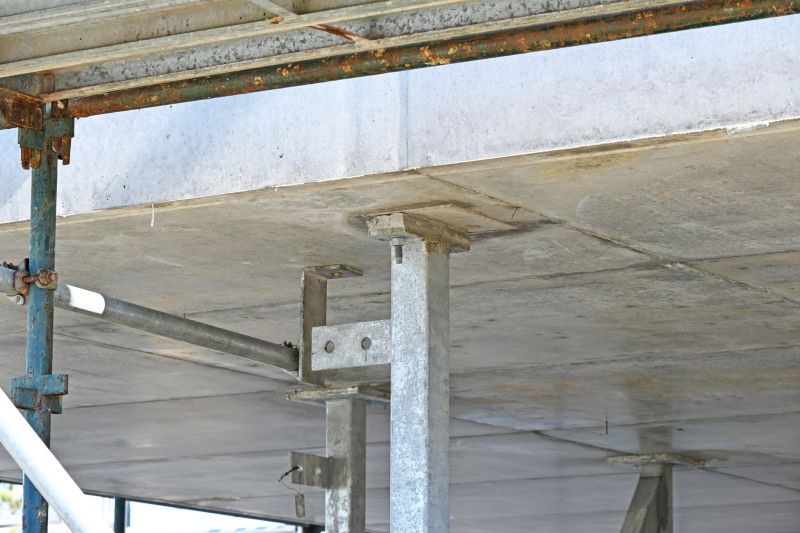
Support systems to lift and stabilize the foundation.
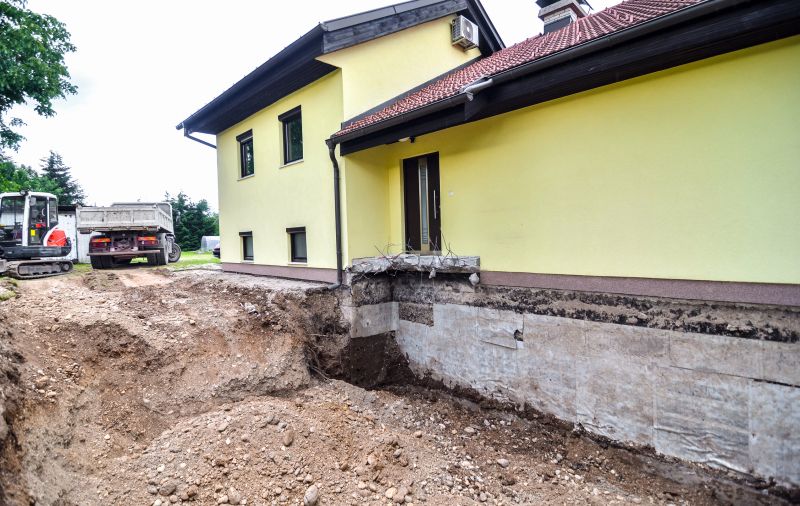
Preparation area for foundation repair work.
| Season | Advantages |
|---|---|
| Spring | Moderate weather and ideal soil moisture levels |
| Summer | Longer daylight hours, but potential heat challenges |
| Fall | Cooler temperatures and stable soil conditions |
| Winter | Limited repair options due to cold and frozen ground |
Choosing the right time for foundation repairs depends on local climate and soil conditions. Spring and fall are generally preferred due to moderate temperatures and soil stability. Summer repairs can be effective if weather conditions are suitable, while winter is typically less ideal because of frozen ground and potential delays in repair work.
Proper planning and timing can reduce repair costs and improve longevity. Consulting with foundation specialists can help determine the best season for repairs based on specific site conditions, ensuring that the work is performed under optimal circumstances for lasting results.
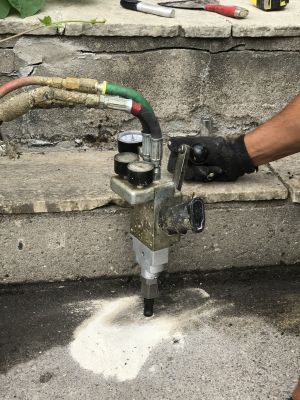
Specialized tools used during foundation stabilization.
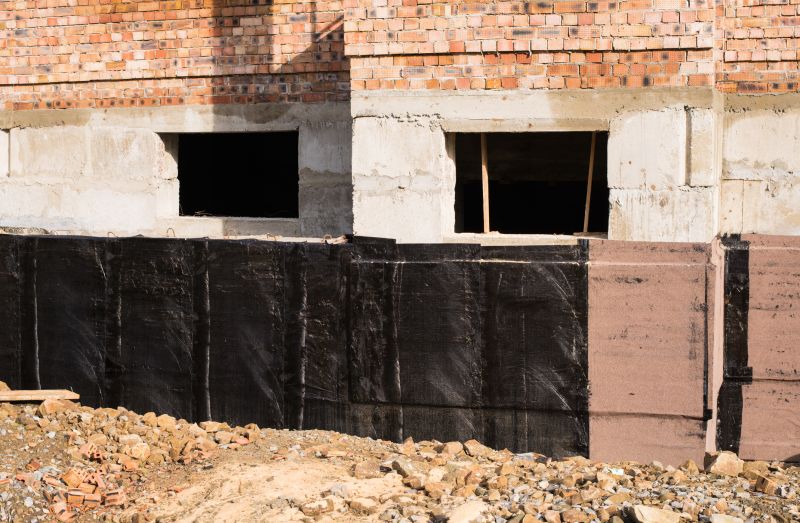
Visual comparison of foundation repair results.
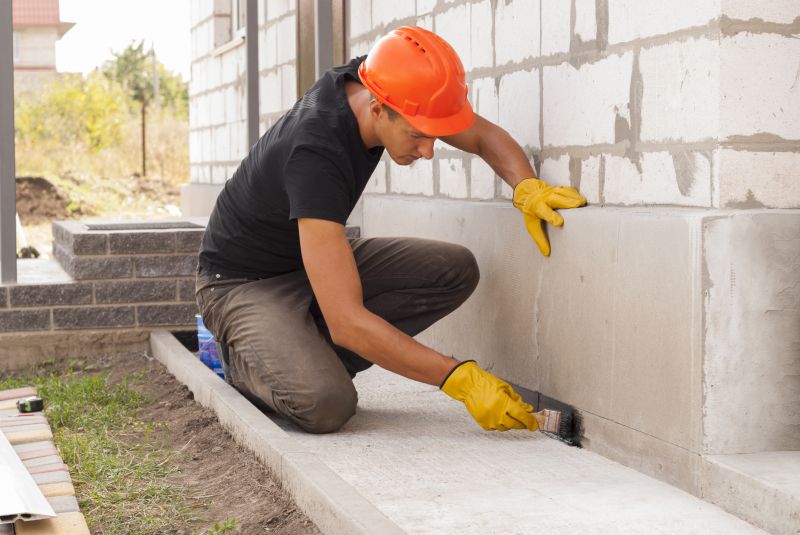
Assessing soil conditions before repairs.
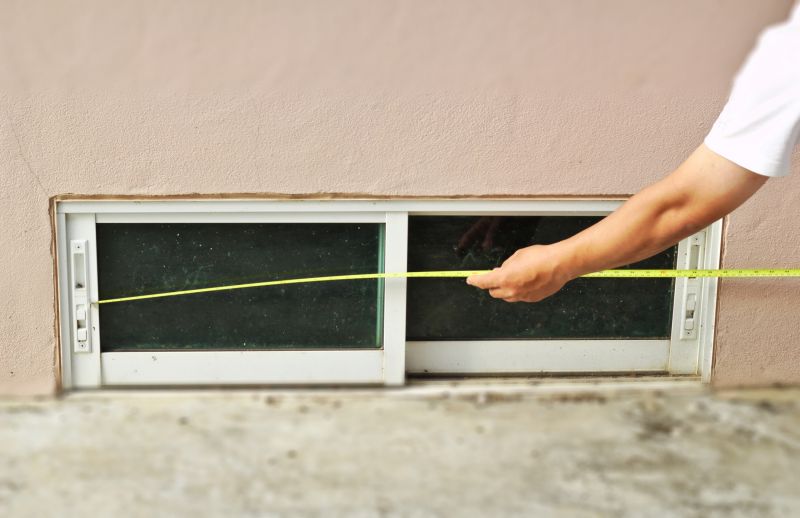
Little measurements that prevent headaches on Foundation Repairs day.
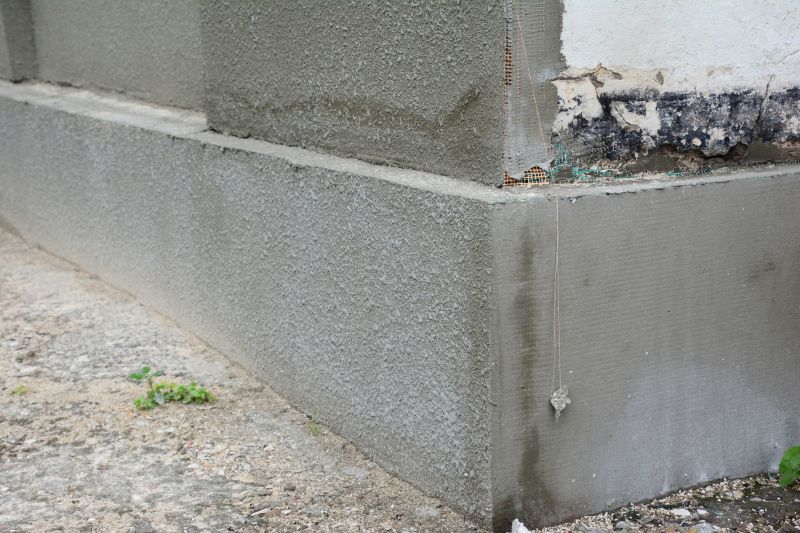
A 60-second routine that keeps Foundation Repairs looking new.
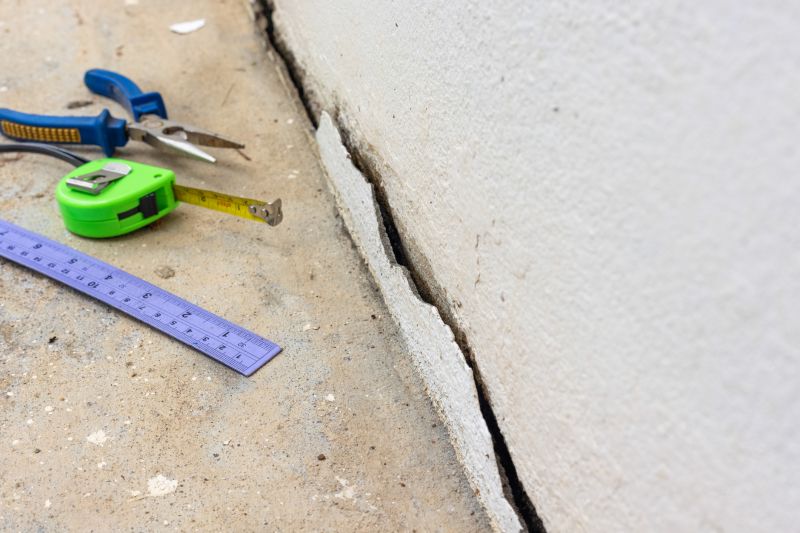
A frequent mistake in Foundation Repairs and how to dodge it.

Small tweaks to make Foundation Repairs safer and easier to use.
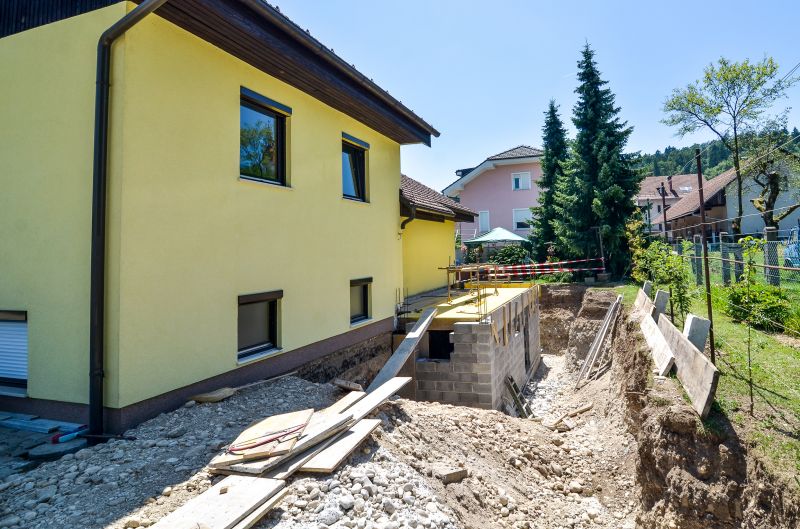
Lower-waste or water-saving choices for Foundation Repairs.
Interested parties are encouraged to contact for further information or to schedule an assessment. Proper timing and expert advice can ensure the most effective foundation repair outcomes, helping to preserve the structural integrity of the property.

